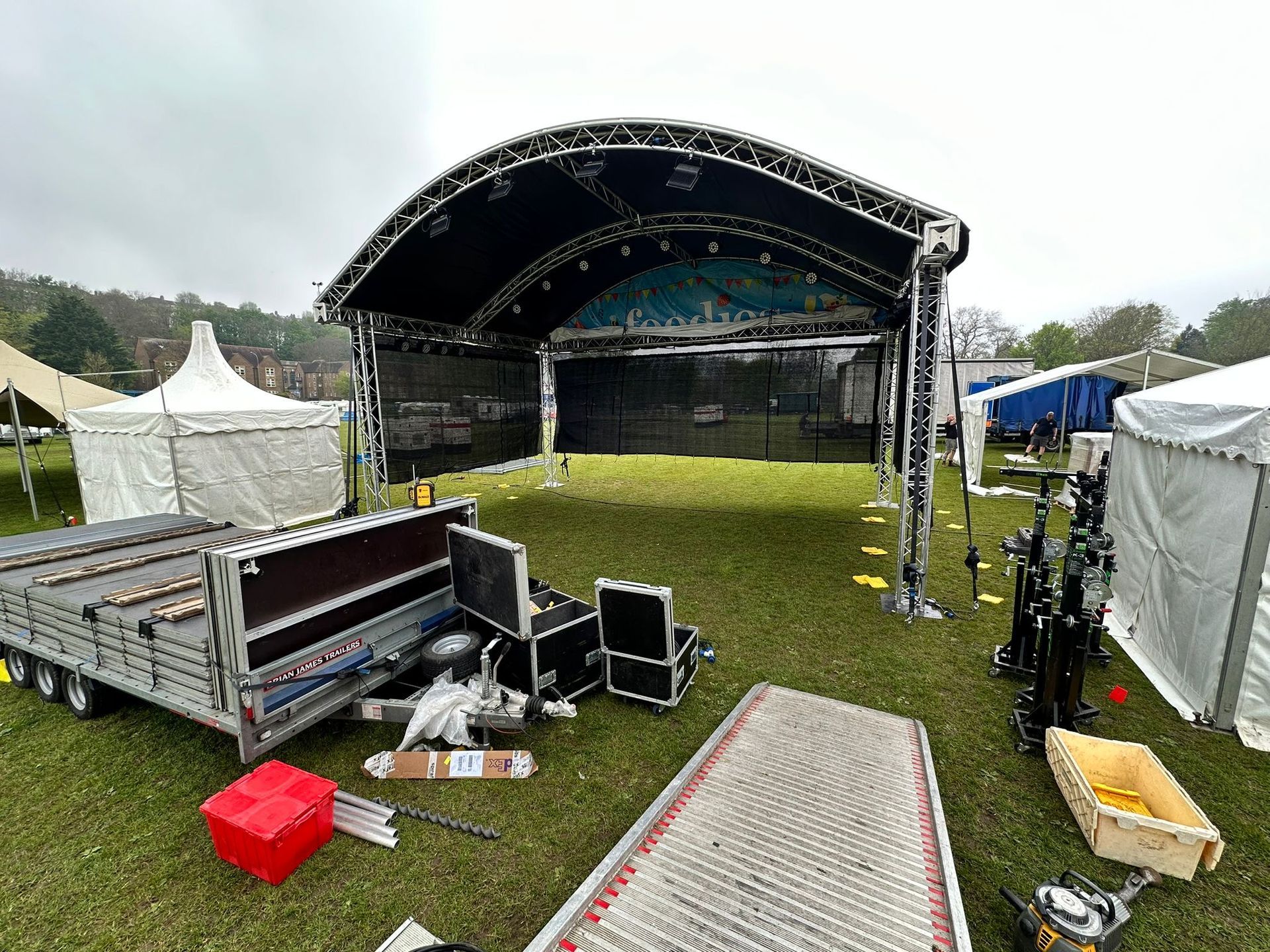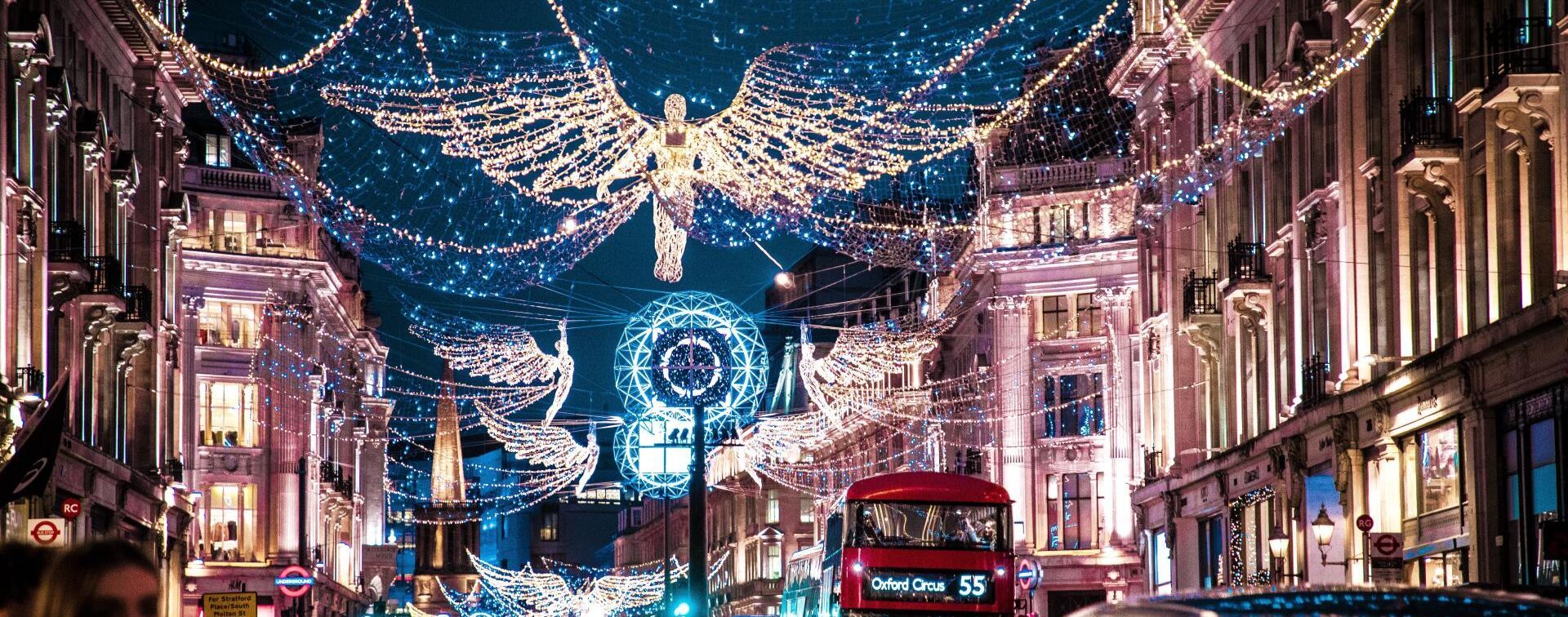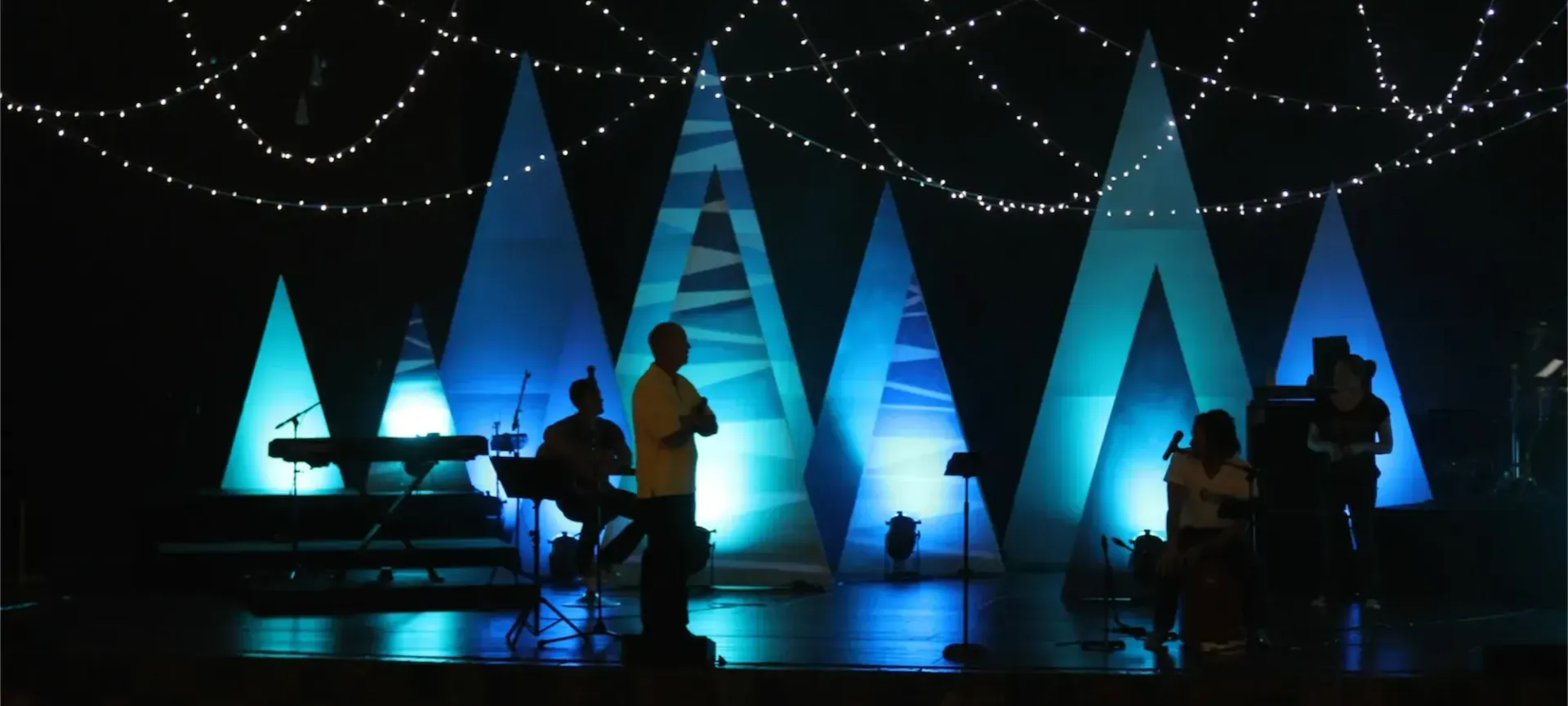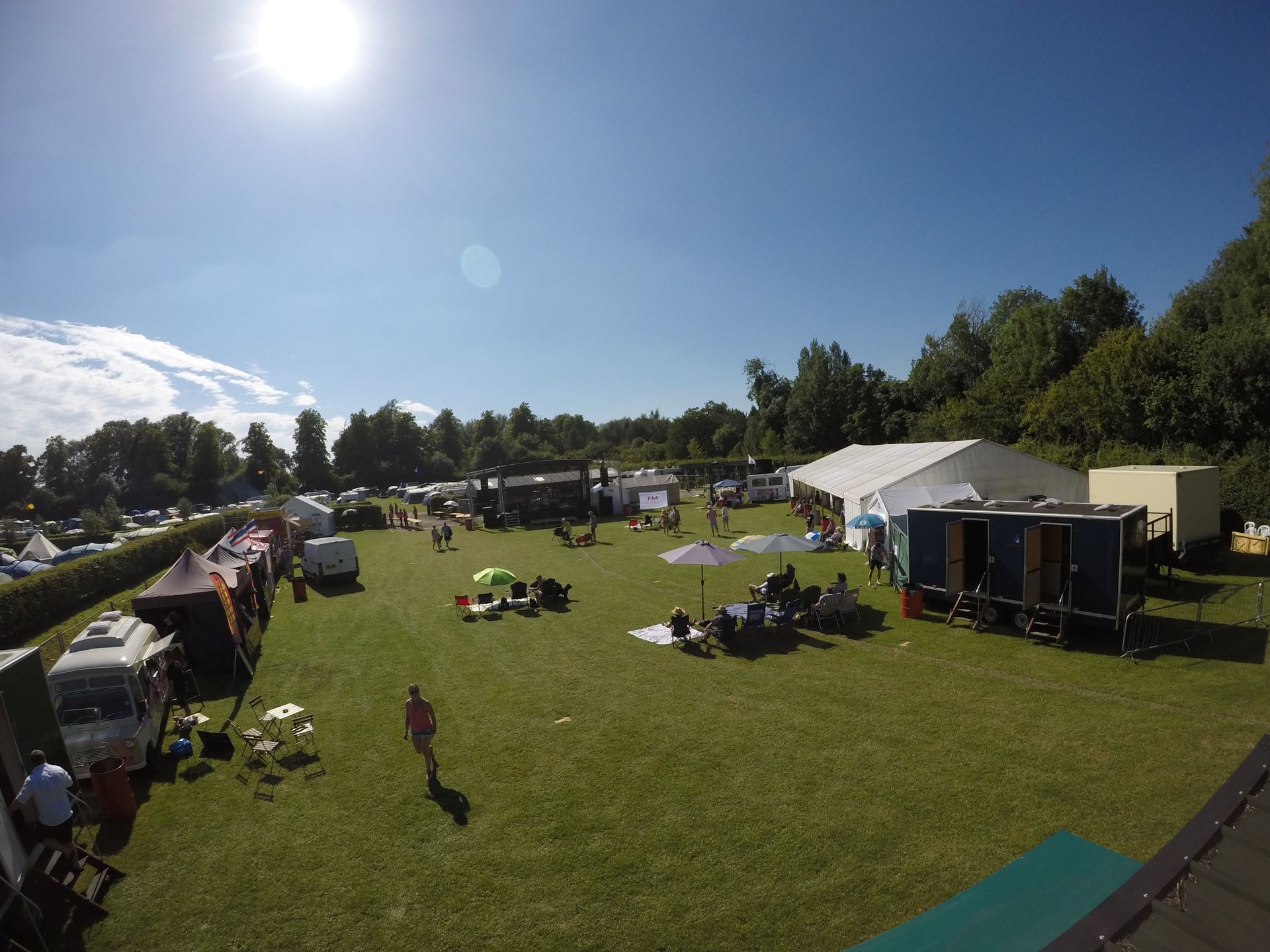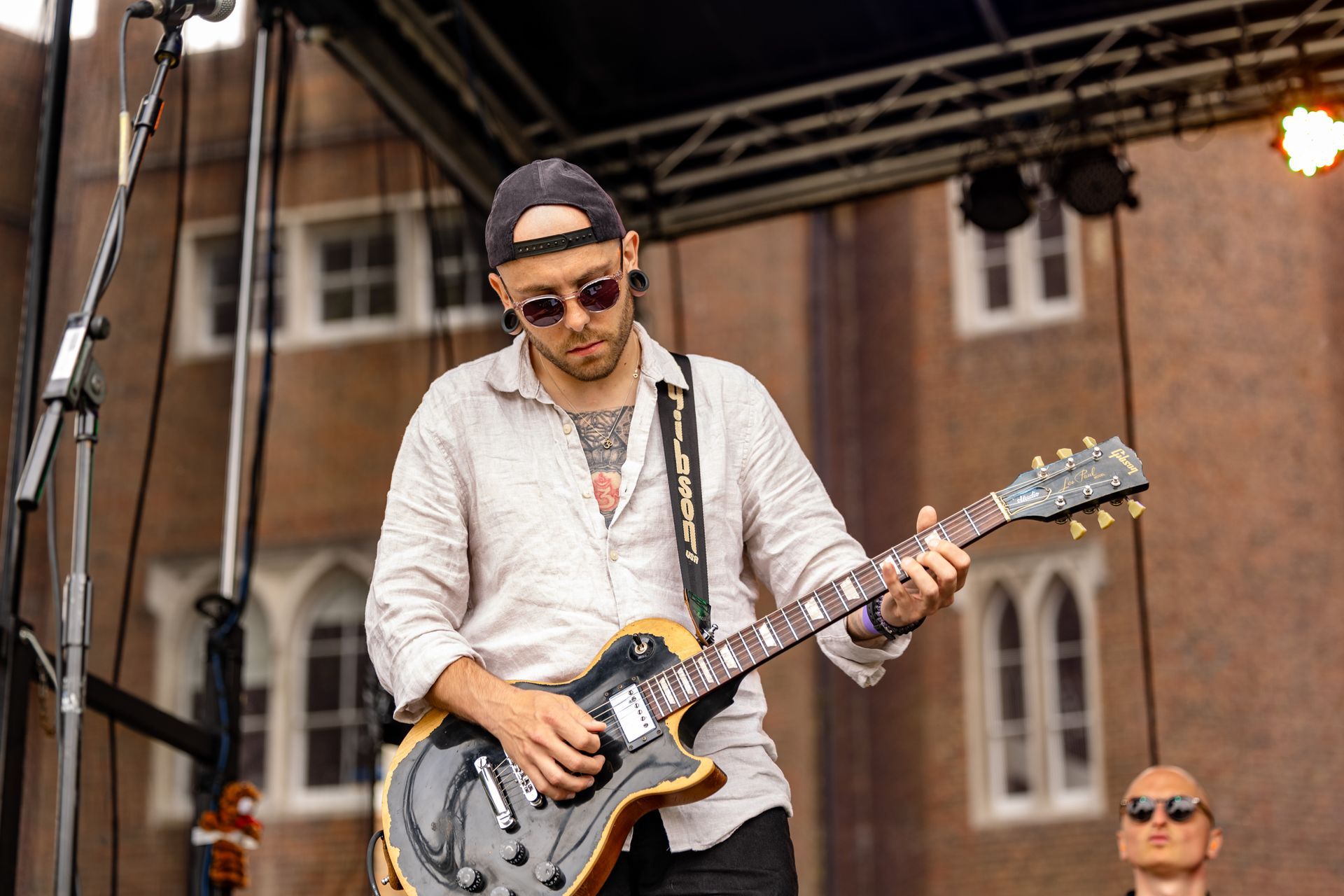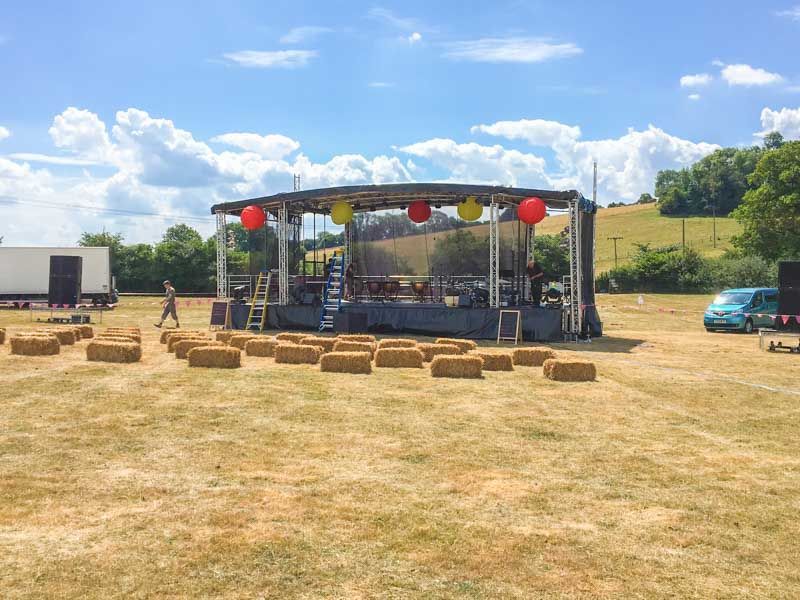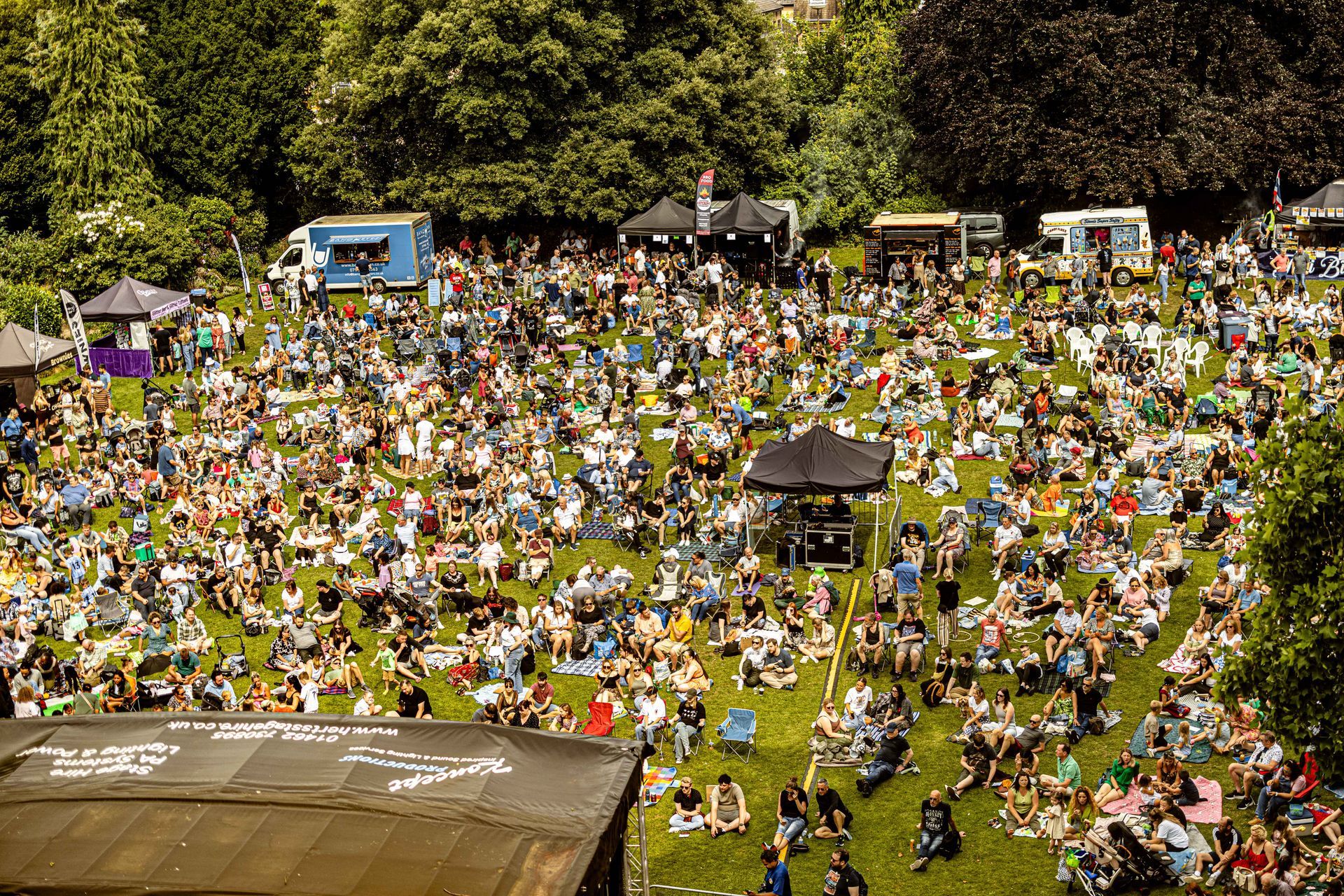Martin Ruff
What does a day in the life of our production team look like?
A day in the life of the production team for a one-day event, where we are supplying one of our trailer stages, along with a PA system and stage lighting.
Generally, we load our vans and trucks the day before an event, so on the day, we only have to arrive at the warehouse about half an hour before we have to leave.
We then double check our packing list to ensure everything has been loaded. We’ll make sure the vehicles and generators are fuelled and we’ll complete our walk around check. If trailers are being taken, we’ll hook up and prepare to leave.
Depending on the location of the event, we may need to travel the day before to comply with truck driving regulations and working hours, because safety comes first.
When we arrive on at the event site, one of the team will meet with the event organisers and confirm the location of the stage. We then drive the stage trailer into position.
All our stage trailers are raised off their wheels to create a solid structure, so the first job is to drop the main supporting legs and get that section of the stage decking raised and levelled. Both sides of the trailer are then dropped down. One side to make the front decking of the stage and the other to make the rear. These are then both levelled to make the solid base of the stage.
Depending on how many crew we have allocated to the event, the sound team would then normally start positioning speaker while the stage team finish setting up the stage.
The sound is probably the most involved part of the operation for the day. Some events require up to forty microphones or sound sources on stage, so there can be a lot to set up. We normally make sure the client has given us a full technical specification for the acts that are performing, so this is the time where we check the specification and make sure we are preparing for all the performers needs.
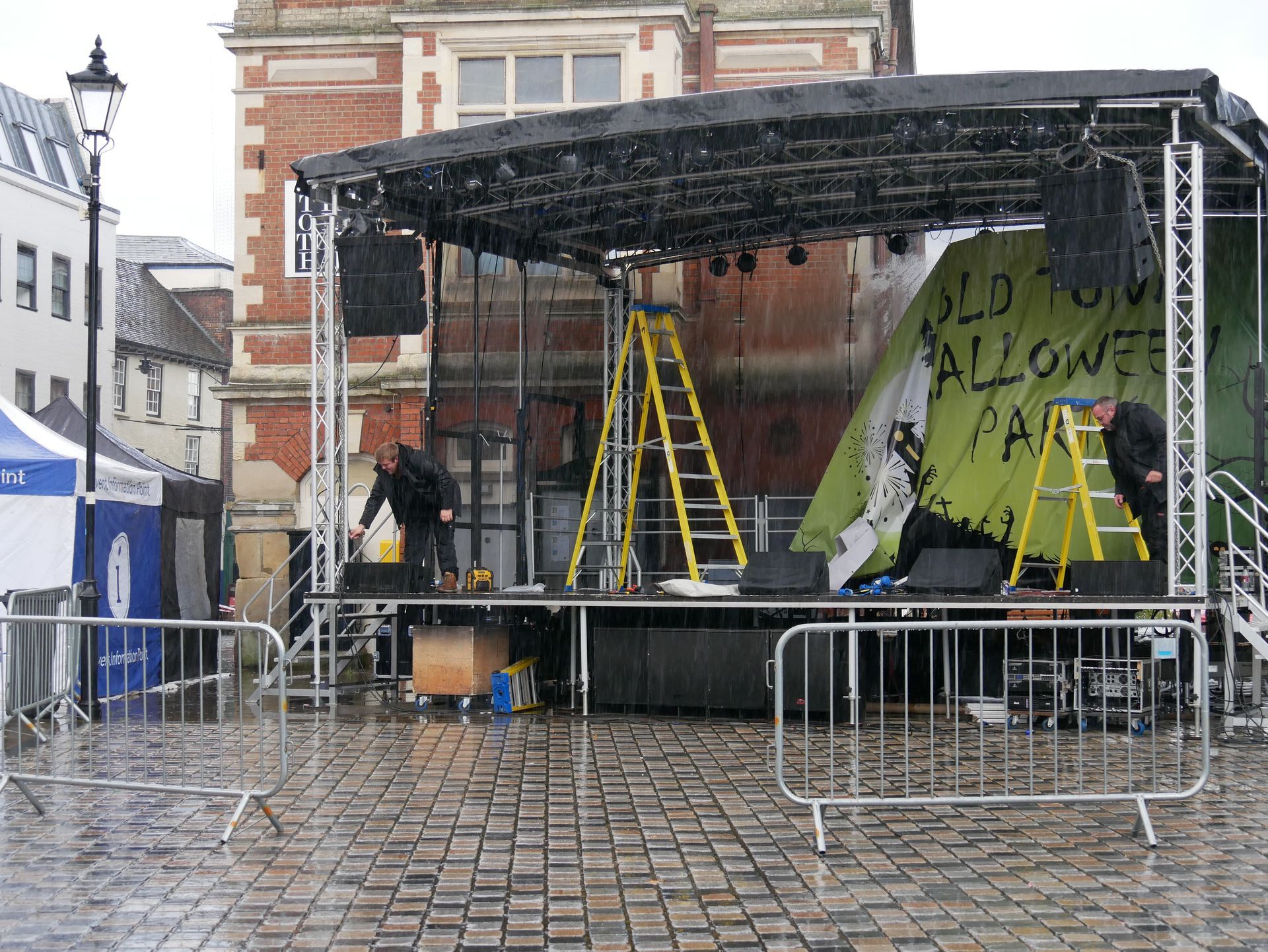
The sound team will set up the main front of house speakers and position all of the on-stage monitor speakers, then start placing mic stands where they are needed. The sound engineer will position the main mixing console in a tent (normally about 20 metres in front of the stage) and start assigning which microphones and sound sources to which channels on the mixing console. They will then communicate this to the sound crew on stage to start plugging microphones into the right channels.
Once these are all plugged in, we test each channel, one at a time, and do preliminary sound checks on them.
By this time the stage team have normally moved on the finalising the lighting for the stage. Our trailer stages come pre-rigged with a basic lighting rig, so the team will test this and add any additional lighting effects that the customer has requested.
We are then ready for the first acts to arrive. It’s not uncommon for performers to arrive, setup and go straight on. Our experienced team are ready for this and can handle the high pressure of getting a balanced sound within the first few minutes of a performance. But if the time allows, we will try to sound check bands before the event opens to the public, for a nice, polished sound for show time.
During the show the sound engineer makes sure it sounds amazing, and the lighting operator makes the stage looks stunning. The rest of the team are there to help with the performers and ensure the event runs smoothly.
At the end of the show, we do everything in reverse. There can be a lot of cabling to pack up, but we always put everything back in the flight cases as tidy as we found it, because believe it or not, the same system and even the same crew could be out at another event the very next day.

